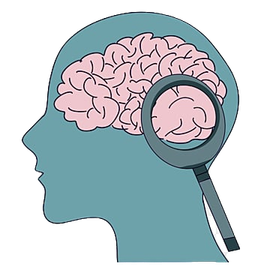Pholological Disorder is also known as phonological disability or phonemic, are a group of language disorders that affect children’s ability to develop easily understood speech by the time they are four years old, and, in some cases, their ability to learn to read and spell.
PsychNet-UK Phonological Disorder Information Sheet – Description, Causation, Treatment, Associated Features, Differential Diagnosis etc.
Articulation and Phonological Disorders – Articulation is a general term which refers to the production of individual sounds. The production of sounds involves the coordinated movements of the lips, tongue, teeth & palate and respiratory system. This includes a variety of nerves and muscles used for speech production. 3/5
Phonological Disorder – Occurs when a child does not develop the ability to produce some or all sounds necessary for speech that are normally used at his or her age. Phonological disorder is sometimes referred to as articulation disorder, developmental articulation disorder, or speech sound production disorder. If there is no known cause, it is sometimes called “developmental phonological disorder.” 3/5
Phonological Disorder – Is a failure to use speech sounds appropriate for the individual’s age and dialect.3/5
Speech Disorder and Phonological Disorder – Online Diagnosis ( Not endorsed or recommended by PsychNet-UK)
PDF Difference between Articulation and Phonological Disorders – A PDF File. Not Rated
Google Scholarly Articles on Phonological Disorder – Click Here
Wikipedia – Speech Sound Disorder – Click Here



